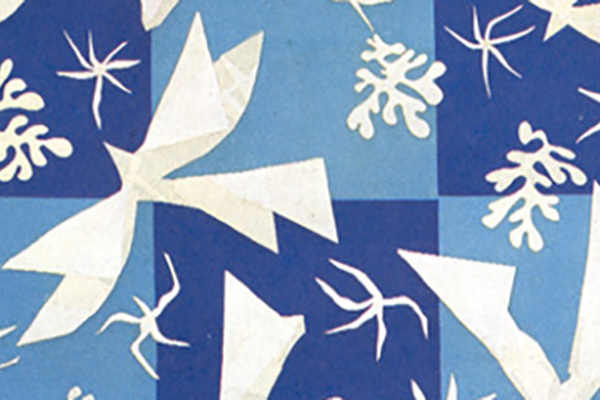Tre contributi di membri del CIRCSE verranno presentati al workshop LT4HALA 2024:
- Adrian Doyle, John P. McCrae, Developing a Part-of-speech Tagger for Diplomatically Edited Old Irish Text
- Alan Thomas, Robert Gaizauskas e Haiping Lu, Leveraging LLMs for Post-OCR Correction of Historical Newspapers
- Alessanda Clara Carmela Bassani, Beatrice Giovanna Maria Del Bo, Alfio Ferrara, Marta Luigina Mangini, Sergio Picascia e Ambra Stefanello, LiMe: a Latin Corpus of Late Medieval Criminal Sentences
- Chiara Palladino, Tariq Yousef, Development of robust NER Models and Named Entity Tagsets for Ancient Greek
- Claire Roman, Philippe Meyer, Analysis of Glyph and Writing System Similarities using Siamese Neural Networks
- Claudia Corbetta, Marco Passarotti e Giovanni Moretti, The Rise and Fall of Dependency Parsing in Dante Alighieri’s Divine Comedy
- Cormac Anderson, Sacha Beniamine e Theodorus Fransen, Goidelex: A Lexical Resource for Old Irish
- Daniel Swanson, Bryce D. Bussert e Francis Tyers, Towards Named-Entity and Coreference Annotation of the Hebrew Bible
- Deirdre Ní Chonghaile, Oksana Dereza e Nicholas Wolf, “To Have the ‘Million’ Readers Yet”: Building a Digitally Enhanced Edition of the Bilingual Irish-English Newspaper An Gaodhal (1881-1898)
- Florian Debaene, Cornelis van der Haven e Veronique Hoste, Early Modern Dutch Comedies and Farces in the Spotlight: Introducing EmDComF and its Emotion Framework
- Loic De Langhe, Orphee De Clercq e Veronique Hoste, Unsupervised Authorship Attribution for Medieval Latin using Transformer-Based Embeddings
- Luca Brigada Villa, Martina Giarda, From YCOE to UD: rule-based root identification in Old English
- Martin Volk, Dominic Philipp Fischer, Lukas Fischer, Patricia Scheurer e Phillip Ströbel, LLM-based Machine Translation and Summarization for Latin
- Rachele Sprugnoli, Arianna Redaelli, How to Annotate Emotions in Historical Italian Novels: a Case Study on “I Promessi Sposi”
- Raphael Rubino, Sandra Coram-Mekkey, Johanna Gerlach, Jonathan David Mutal e Pierrette Bouillon, Automatic Normalisation of Middle French and its Impact on Productivity
- Ricardo Muñoz Sánchez, When Hieroglyphs Meet Technology: A Linguistic Journey through Ancient Egypt Using Natural Language Processing
- Silvia Luraghi, Alessio Palmero Aprosio, Chiara Zanchi e Martina Giuliani, Introducing PaVeDa – Pavia Verbs Database: Valency Patterns and Pattern Comparison in Ancient Indo-European Languages
- Tess Dejaeghere, Els Lefever, Pranaydeep Singh e Julie Birkholz, Exploring aspect-based sentiment analysis methodologies for literary-historical research purposes
- Thomas Laurs, Towards a Readability Formula for Latin
- Vera Provatorova, Marieke van Erp e Evangelos Kanoulas, Too Young to NER: Improving Entity Recognition on Dutch Historical Documents
Programma LT4HALA 2024

















